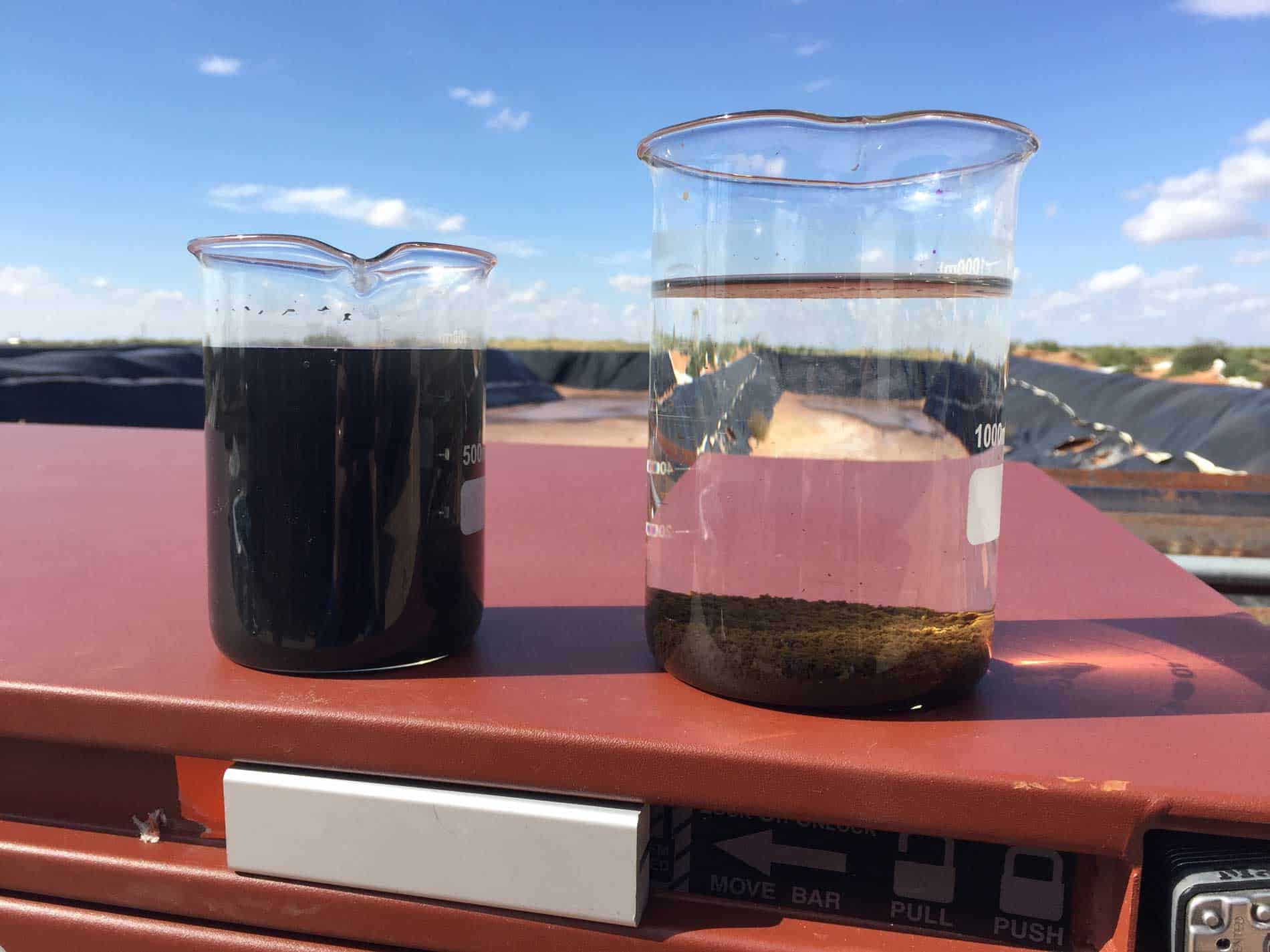Heavy Metal Contamination in Process Water Testing
In the oil and gas sector, produced water and process water are critical components of operations. These waters often carry heavy metals from various sources including drilling fluids, production processes, and equipment corrosion. The presence of heavy metals like lead, mercury, cadmium, chromium, and arsenic can significantly impact both environmental health and compliance with regulatory standards.
Heavy metal contamination in process water is a common challenge faced by the oil and gas industry. These contaminants not only affect water quality but also pose risks to human health, aquatic life, and ecosystems. The testing of heavy metals in process waters is therefore essential for ensuring environmental protection and operational compliance.
The primary focus of our laboratory testing service is on detecting and quantifying these heavy metals in process water samples. Our team uses advanced analytical techniques that adhere strictly to international standards such as ISO, ASTM, EN, and IEC. This ensures accuracy, consistency, and reliability in our results.
Our methodology involves several key steps:
- Sample Collection: Proper collection of water samples is crucial for accurate testing. Samples are collected from various points within the process flow to ensure a representative sample set.
- Preparation: Once collected, samples undergo rigorous preparation which includes dilution or concentration as necessary, filtration, and preservation to prevent any changes in metal content until analysis.
- Analytical Techniques: We employ various analytical methods such as Inductively Coupled Plasma Mass Spectrometry (ICP-MS), Atomic Absorption Spectroscopy (AAS), and Flame/Acid Digestion. These techniques allow for precise quantification of heavy metals down to parts per billion levels.
- Reporting: Results are presented in a detailed report format, including the concentration levels of detected heavy metals, compliance status against industry standards, and recommendations for remediation if necessary.
The importance of this testing cannot be overstated. By identifying and quantifying heavy metal contamination early, operators can take proactive measures to mitigate risks, enhance operational efficiency, and ensure regulatory compliance. Our team works closely with our clients to understand their specific needs and provide tailored solutions.
Our commitment to quality is reflected in the precision of our tests and the reliability of our results. We adhere strictly to international standards such as ISO 17025 for our accreditation, ensuring that all our testing processes meet rigorous quality control benchmarks.
Applied Standards
The testing of heavy metals in process water is governed by several key international standards. These include ISO 17025 for laboratory accreditation, ASTM D6489-13 for the analysis of metals in produced waters, and EN ISO 17025:2017 which ensures that our facilities meet the highest quality requirements.
We also adhere to IEC standards for instrumentation used in sample preparation and analysis. These standards ensure that all equipment is calibrated accurately and consistently, leading to reliable results. Compliance with these international standards not only enhances trust among clients but also ensures that we are at the forefront of industry best practices.
Industry Applications
The oil and gas sector relies heavily on produced water and process water for various operations. The presence of heavy metals in these waters can lead to operational inefficiencies, increased maintenance costs, and environmental hazards if not managed properly.
Our testing service is crucial for several applications within the industry:
- Drilling Fluid Monitoring: Ensuring that drilling fluids do not introduce excessive heavy metals into process waters.
- Production Process Optimization: Identifying and minimizing sources of heavy metal contamination to improve operational efficiency.
- Environmental Compliance: Meeting regulatory requirements for water quality, ensuring minimal impact on the environment.
- Risk Management: Implementing strategies to mitigate risks associated with heavy metal contamination in process waters.
Environmental and Sustainability Contributions
The detection and quantification of heavy metals in process water not only benefits the oil and gas industry but also contributes to broader environmental sustainability goals. By identifying and addressing sources of contamination, operators can reduce their ecological footprint and contribute positively to global sustainability efforts.
Our testing service supports a range of initiatives aimed at reducing environmental impact:
- Emission Reduction: By minimizing the release of heavy metals into the environment, we help in reducing air and water pollution.
- Biodiversity Protection: Ensuring that aquatic ecosystems are not adversely affected by industrial activities.
- Resource Conservation: Efficient use of resources through optimized operational practices.





